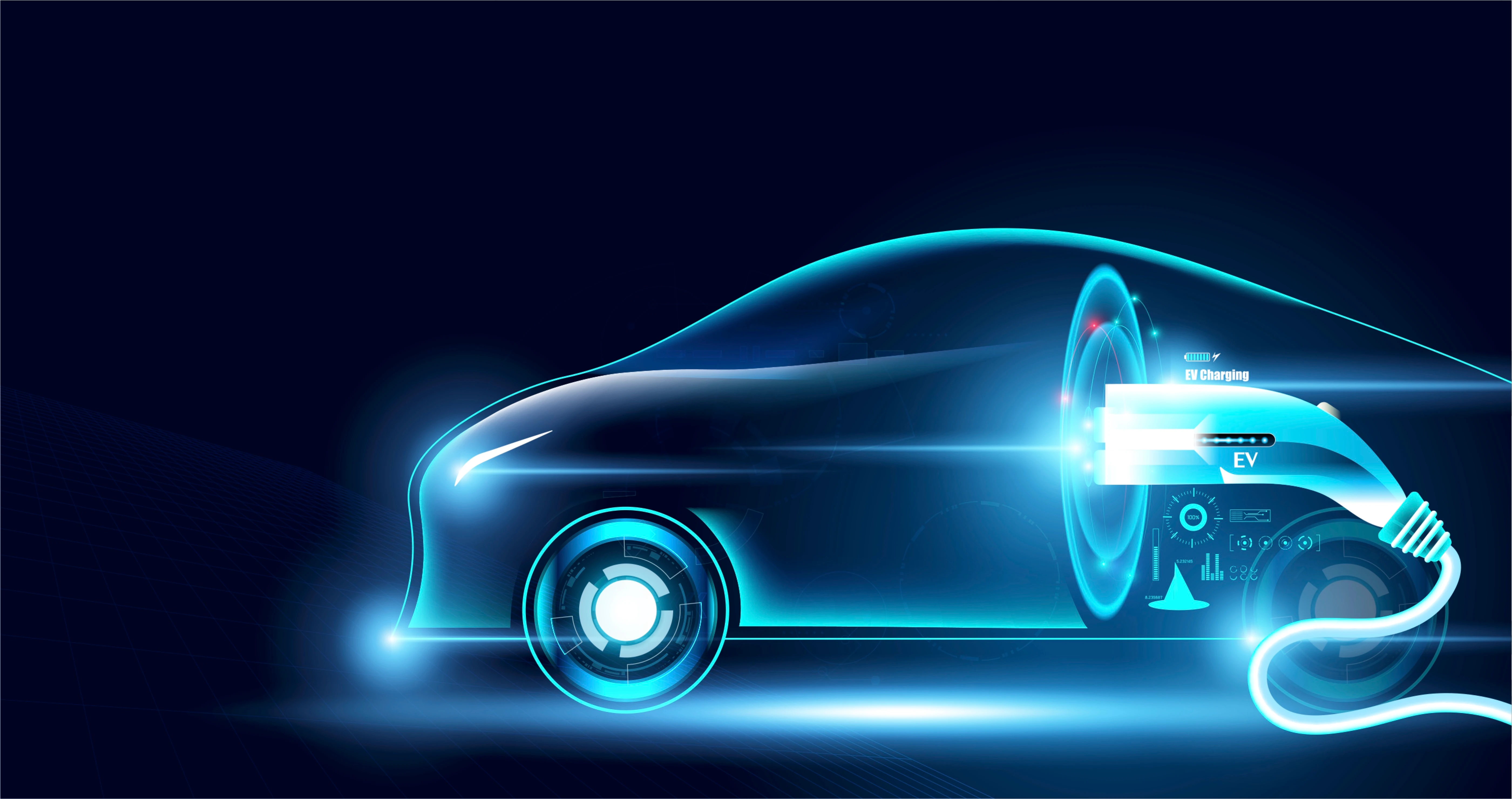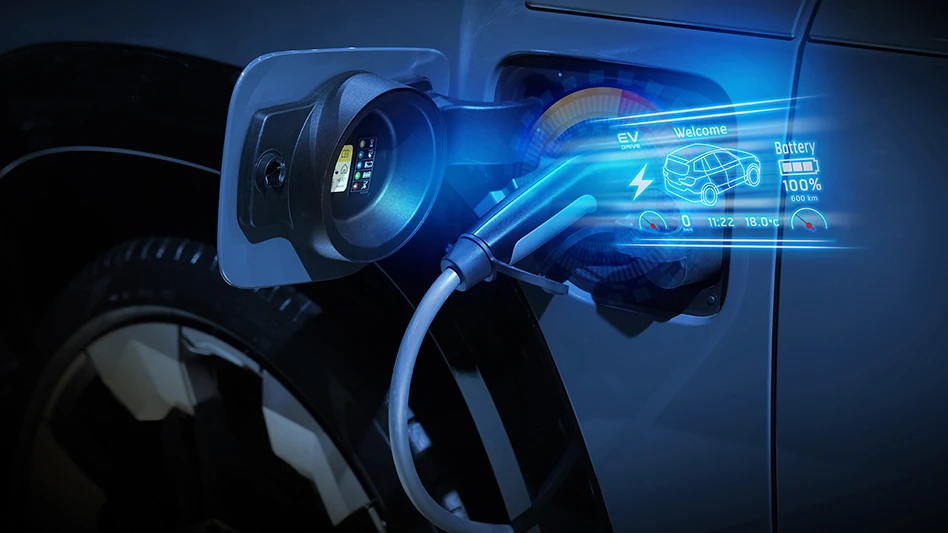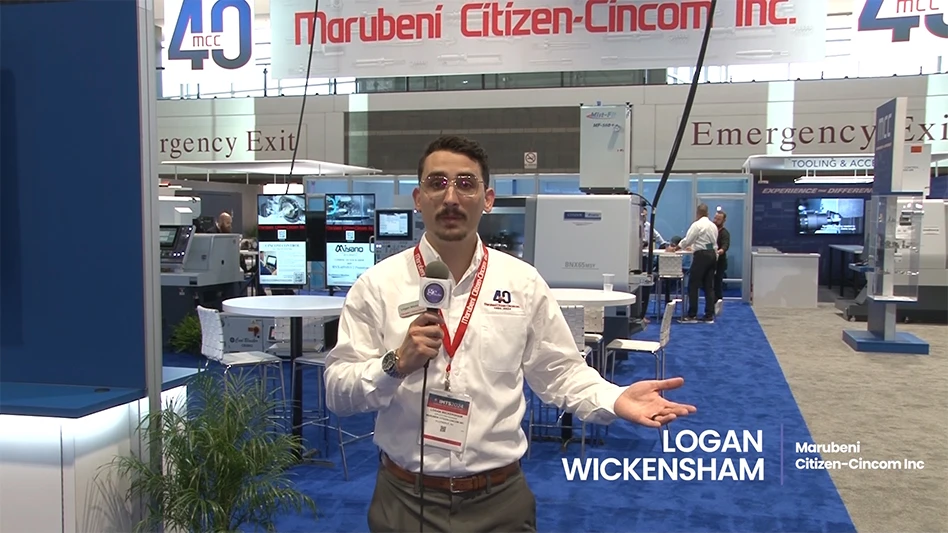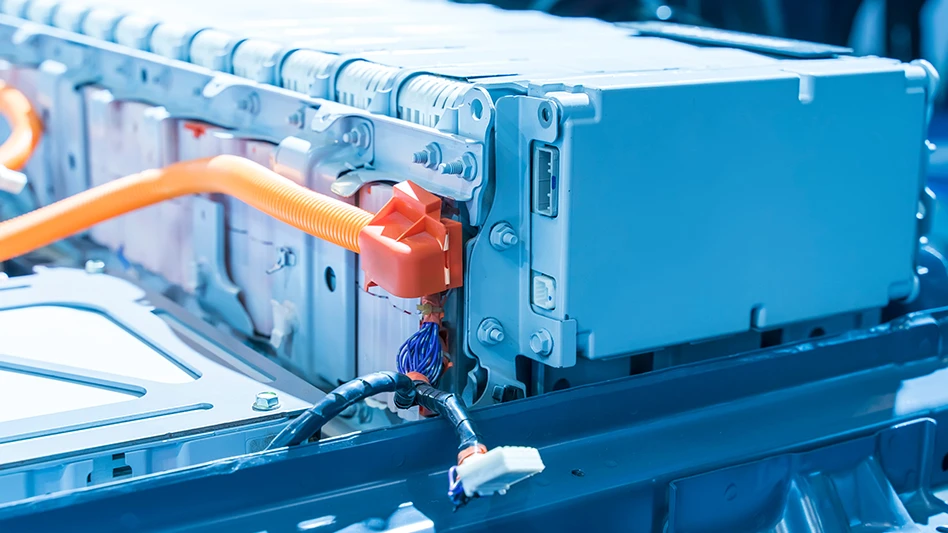
Automechanika Birmingham
Automechanika Birmingham announced a newly launched training feature at the show, the EV Training Academy, designed to offer visitors the latest tips, tricks and opportunities in the electric vehicle (EV) sector.
In partnership with the Institute of the Motor Industry (IMI) and Our Virtual Academy (OVA), the EV Training Academy will provide a series of 30-minute training sessions throughout each day of the trade event.
With two demo vehicles also on display, attendees can get hands-on to discover more about the opportunities of EV, gain key insights and information, plus ask EV experts anything and everything on hybrids and EVs.
Recent data from the Society of Motor Manufacturers and Traders (SMMT) shows although used car transactions fell by 8.5% in 2022, the industry saw record demand for used EVs.
Transactions of battery electric vehicles (BEVs) increased by 37.5%, hybrid electric vehicles (HEVs) rose by 8.6% and plug-in hybrid electric vehicles (PHEVs) grew by 3.6%, in comparison to 2021.
As this demand for alternative fuel vehicles continues to rise, it’s crucial for independent garages and workshops to get onboard with the latest in EV training, tools, equipment, and trends to ensure they are prepared for the electric future.
The EV Training Academy program will cater for technicians with beginner and advanced-level tuition on offer. The free sessions, delivered alongside training vehicles to add invaluable practical elements, include Essential EV Training; HV System Isolation (low-voltage service disconnect) for beginners and Advanced EV Training; as well as Plug-in Charging (proximity pilot circuit), suitable for those more experienced in the EV industry.
Essential EV Training will provide delegates with the chance to learn about the high-voltage isolation process using a low-voltage service disconnect, which is becoming an increasingly popular solution used by vehicle manufacturers.
This training session will compare this solution to other types, explain its function and operation, plus offer some top tips for disconnecting and reconnecting the device during the high-voltage isolation procedure.
The Advanced EV Training session offers businesses the opportunity to learn about the proximity pilot circuit used in Type 2 plug-in charging system.
Type 2 is the most common method for charging plug-in hybrids and electric vehicles, and much like any electrical system, there’s more than enough potential for faults. These sessions will look at the details of Type 2 charging, including wall boxes and differences between cables, as well as the function, operation, and testing of the proximity pilot circuit.
“We’re pleased to be partnering with the IMI and OVA to deliver what our visitors have requested – further opportunities to get practical guidance and advice with electric and hybrid vehicles,” says Kristan Johnstone, project director of Messe Frankfurt, organizers of Automechanika Birmingham. “By using two vehicles alongside electrification and advanced sessions, we’re confident the IMI and OVA experts will ensure visitors learn new tips and tricks, discover more about the opportunities brought about by electrification, and have any burning questions on EVs and hybrids answered by the experts.”
“This focus on EV skills is great news because our latest data shows that by 2030, 103,000 IMI TechSafe qualified technicians will be needed to work with electric vehicles in the UK alone,” says Steve Nash, CEO of the IMI. “However, we’re currently predicting a potential shortfall of 4,500 qualified technicians by 2029, increasing to a massive skills gap of 16,000 by 2032. It’s critical that consumer confidence in electric vehicles isn’t eroded by a lack of ability of garages to service, maintain, and repair the new drivetrain.”
Latest from EV Design & Manufacturing
- Honda unveils demonstration production line for solid-state batteries
- Navigating today’s supply chain
- Multi-energy platform for trucks and SUVs designed for versatile production
- Solution offered for easy EV charger mounting in commercial spaces
- Bridging the Skills Gap: A Solution for Today’s Labor Shortage
- Fast tracking the development of custom rupture disk prototypes
- EMUGE-FRANKEN expands precision thread gage line
- IMTS 2024 Booth Tour: Fagor Automation Corp.





